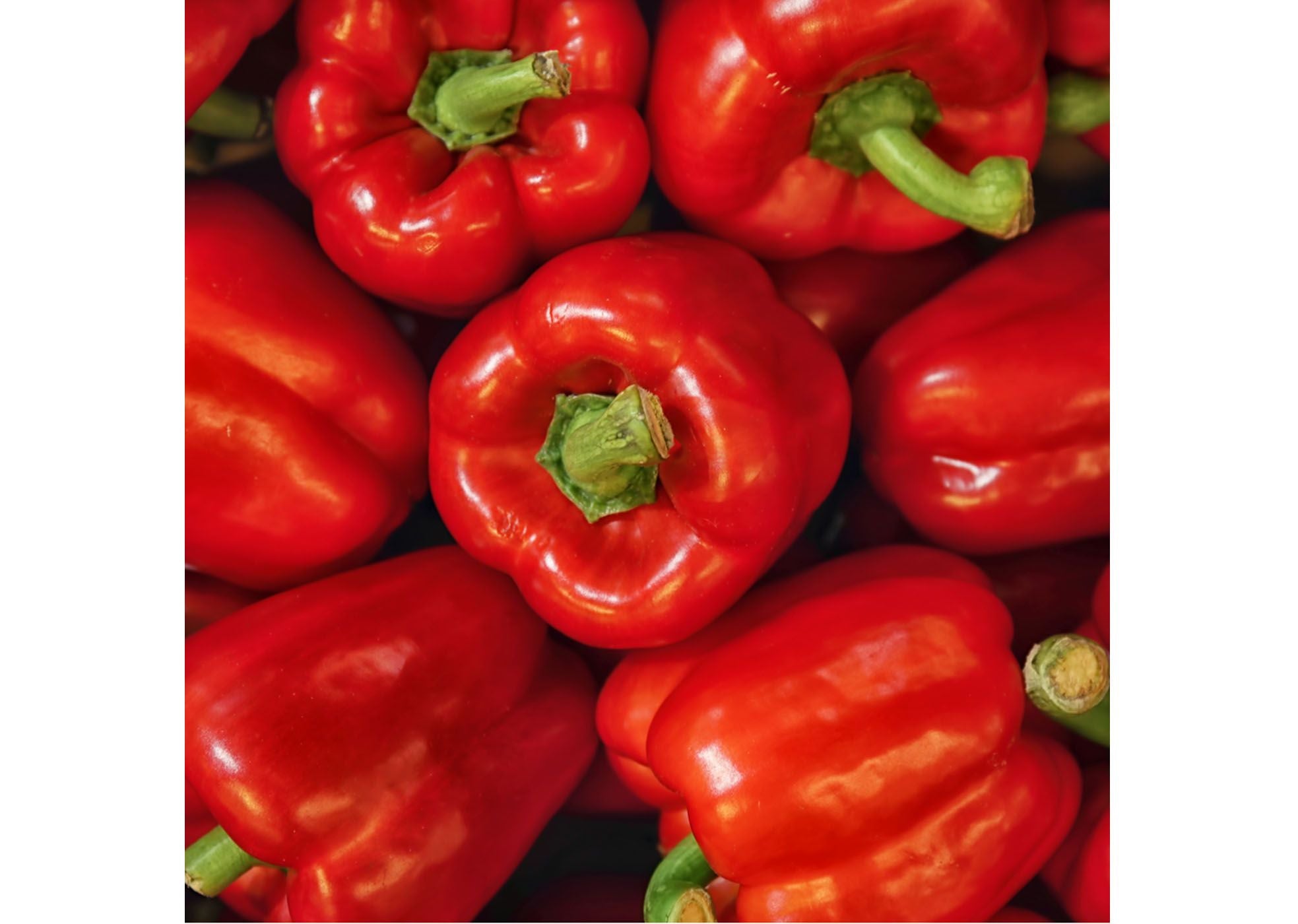
10 Winter Superfoods
Written by Tigre HallerWinter will be in full-swing across most of the United States soon, and with the cold weather (and pandemic) comes the urge to hunker down for a long winter’s nap. Sleep can absolutely help fight the winter blues and to shore up your defenses, but too much sleep can also have a ricochet effect. It actually can make you feel even sleepier, unmotivated and weak.
One of the best things you can do for your overall physical and emotional health is to eat right. I know, you probably hear that a lot. Which is a good thing. Healthy food really can be the best anecdote to the doldrums, and they go a long way to keeping you healthy. Nowadays we all need to do absolutely everything we can to fight off the common cold, and more serious illnesses.
Besides, eating healthy can be delicious fun.
Together we will discover 10 Winter Superfoods that are easy to find, easy to prepare and super easy to eat (even for finicky eaters):
Oatmeal
As I write this article I am enjoying a hot bowl of oatmeal. This "humble" grain is actually one of the best, heartiest and healthiest winter comfort foods available. Cooked up plain you can add so many things to this winter breakfast staple to suit your taste, such as cinnamon, ginger, nuts, honey, milk, dried fruit and fresh fruit. You can also add oats to other dishes as a thickener. Or, make oatmeal cookies!
Oatmeal is very filling and has a higher protein content than most grains and more antioxidants than broccoli. It reduces bad cholesterol, is great for your heart, acts as a natural laxative, controls blood sugar, regulates blood pressure, and is rich in vitamins and minerals like B, magnesium and zinc.
Sweet Potatoes
Not just for Thanksgiving, these amazing root vegetables can be boiled, baked, roasted, fried, sauteed or mashed. Leave them alone or add butter, spices like ginger and cinnamon, cayenne pepper or chili flakes for some zing and lemon or lime gives them some zest. Whatever way you enjoy sweet potatoes, try to eat them at least once a week. They’ll do you a world of good.
Sweet potatoes are packed with fiber, antioxidants and vitamins which help with healthy digestion and fighting off colds. They are high in antioxidants, boost immunity, prevent dehydration, regulate diabetes, improve digestion and help with weight loss. Rich in vitamins C, A, D, B6, and minerals like potassium and copper, the sweet potato is one of nature's natural defenses against colds, and general malaise.
Winter Squash
Mmmm…. You might think pumpkin is reserved for seasonal pies, and that is definitely one of my most favorite ways to eat it, but there are so many other ways to enjoy it and it’s cousins like butternut and acorn squash. These amazing vegetables are excellent substitutes for, or accompaniments to, meat protein. Make a hearty soup, chili or stew, puree them, stuff and bake, knead into a bread, create a cake or serve them as a side dish. Spaghetti squash is a great alternative for - you guessed it - spaghetti. So many divine options for these versatile veggies.
With all that good eating comes good nutrition since winter squash is high in vitamin C and A, a great source of fiber, provides magnesium and potassium, serves up cold fighting antioxidants, reduces high blood pressure, contains counter-cancer properties, helps to prevent cataracts and lowers blood sugar (among other benefits).
Beets

Beets, or Beetroot, is one of those veggies you either love or hate. I am of the former persuasion. Give me a beet and I am happy as a clam, so to speak. Enjoy beets in a variety of ways; juiced, boiled, souped, roasted, in chip form, pureed, pickled and even raw (thinly sliced into a carpaccio).
Ruby red or golden yellow beets aren’t just beautiful they are one of nature’s most effective secret agents. Eat beets to fight cancer and heart disease, boost immunity, clean your blood, colon and liver and freshen your skin. Beets also score Bs and a C in the vitamin department while minerals in beets include magnesium, zinc, potassium and copper.
Carrots
Carrots, they’re not just for rabbits! These incredible root vegetables are so good in so many ways. Typically you will find orange carrots, but you can also enjoy white, purple, yellow and red carrots. Eat them raw, sauteed, grilled, boiled, as a soup or in soups and stews, as a salad, juiced (try a super-vitamin-packed blend of carrot, beet, ginger and green apple), pureed, and of course in cake (nutrient value questionable).
Mostly known for aiding eye health, carrots are anti-bacterial and also strengthen the immune system, improve digestion, help with kidney functions, promote strong teeth, help to prevent strokes, aid in weight loss, clean the blood, prevents high blood pressure among other benefits. Nutrient rich carrots also provide magnesium, potassium, calcium, zinc, iron, vitamins A, B, C and E. The beta carotene in carrots - a cancer fighting compound - is amongst the highest to be found in common fruits and vegetables.
Fennel

With a subtle licorice or anise flavor, pretty much every part of the fennel bulb can be enjoyed. Use the leaves (feathery fronds) as a garnish, chop it up like parsley or dill, infuse with hot water for a soothing tea or substitute them for the basil in pesto. The stalks and bulb can be chopped up for salads, steamed, braised, roasted, grilled, added to soups, stews and stuffings.
The benefits of eating fennel include boosted immunity, good respiratory health, vitamin C, healthy digestion, prevention of macular degeneration, increased brain function, cancer fighting properties, detoxification and balanced hormones.
Dark Chocolate
Dark Chocolate is incredibly delicious. Eaten by itself, used in savory and sweet preparations, or mixed with water for a comforting winter drink, dark chocolate should be a staple in your kitchen.
A rich source of antioxidants, copper, zinc, magnesium and selenium, dark chocolate also helps with blood flow, calms your mood, improves brain function, lowers the risk of cardiovascular disease, fights fatigue, reduces inflammation among other benefits. Remember, we’re talking about dark chocolate - the darker the better.
Nuts

Choosing your favorite nut can drive you… nuts! Mine is pistachio. Or is it walnut? Almonds? No, wait, cashews! See what I mean? Whichever way you go, nuts are best raw, right out of the shell. Then you have your nut butters that can be eaten as is, on a sandwich, in oatmeal, mixed into cake batter, swirled in a smoothie…
Each type of nut offers its own benefits. For example, almonds help to stimulate brain function, regulate cholesterol, control blood blood pressure and give you an energy boost. Cashews help to protect your body from disease, and lower bad cholesterol levels while increasing good cholesterol. Pistachios aid in digestion, boost immunity, helps to lower blood sugar levels, improves eye health and is anti-inflammatory. Chestnuts protect your memory, ward against anemia and promote a healthy bowel. Pecans protect your body from infection, boost energy and protect your heart.
All of these nuts are packed with vitamins B and C , and minerals including zinc, magnesium, selenium and potassium.
Bell Peppers
Bell peppers don’t only look pretty, they taste amazing no matter if they are red, orange, green or yellow. Eaten raw or sauteed, grilled, sauced or stuffed, the bell pepper goes well with just about anything.
Bell peppers are credited with lowering bad cholesterol, boosting the immune system, curing anemia, regulating blood pressure, helping with heart health and promoting weight loss. Rich in vitamins A, B, C and E, bell peppers pack in minerals like potassium, iron, zinc and calcium.
Ginger

Ginger adds a nice spicy and aromatic element to any dish. Fresh or powdered add ginger to a stir fry, to juice or tea, deserts, roasted meats and vegetables.
Ginger helps you to ward off and recover from colds, boosts the immune system, aids in digestion, eases nausea, reduces inflammation and muscular pain, and prevents the formation of blood clots.
Like the other superfoods, ginger is an excellent source of potassium, magnesium, niacin, calcium, Vitamins C and E.
Conclusion
As you can see, you can improve and protect your health by simply eating a handful of winter superfoods. There are many recipes online, or you can try your hand at creating your own. Have fun and experiment. Most of these foods combine extremely well together.
So, this winter snuggle into your slippers, get into the kitchen and treat yourself to nature’s bounty, You will emerge in the spring stronger and healthier.
I would love to know what winter superfoods you enjoy, and how. Please leave a comment below.
Leave a comment
Please note, comments must be approved before they are published.